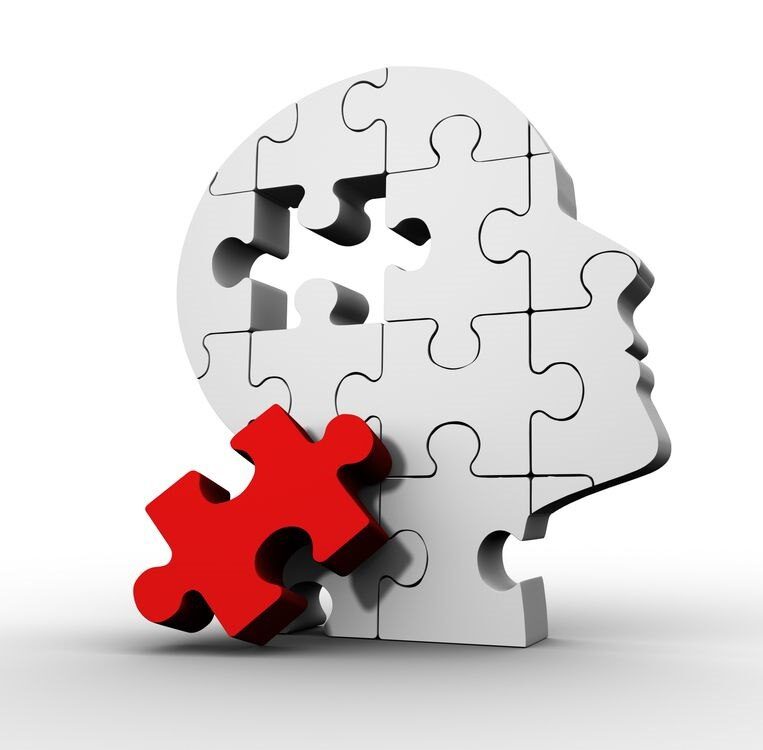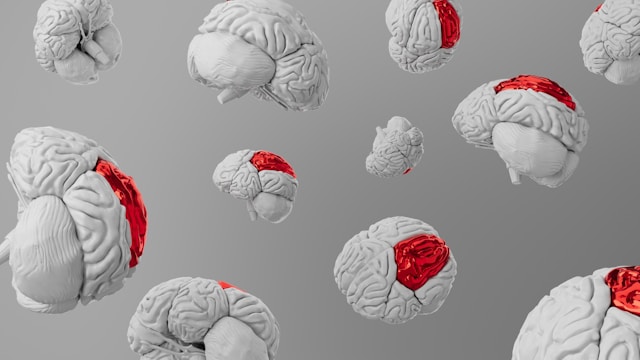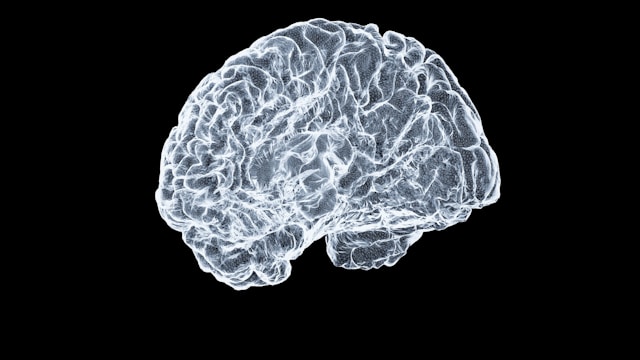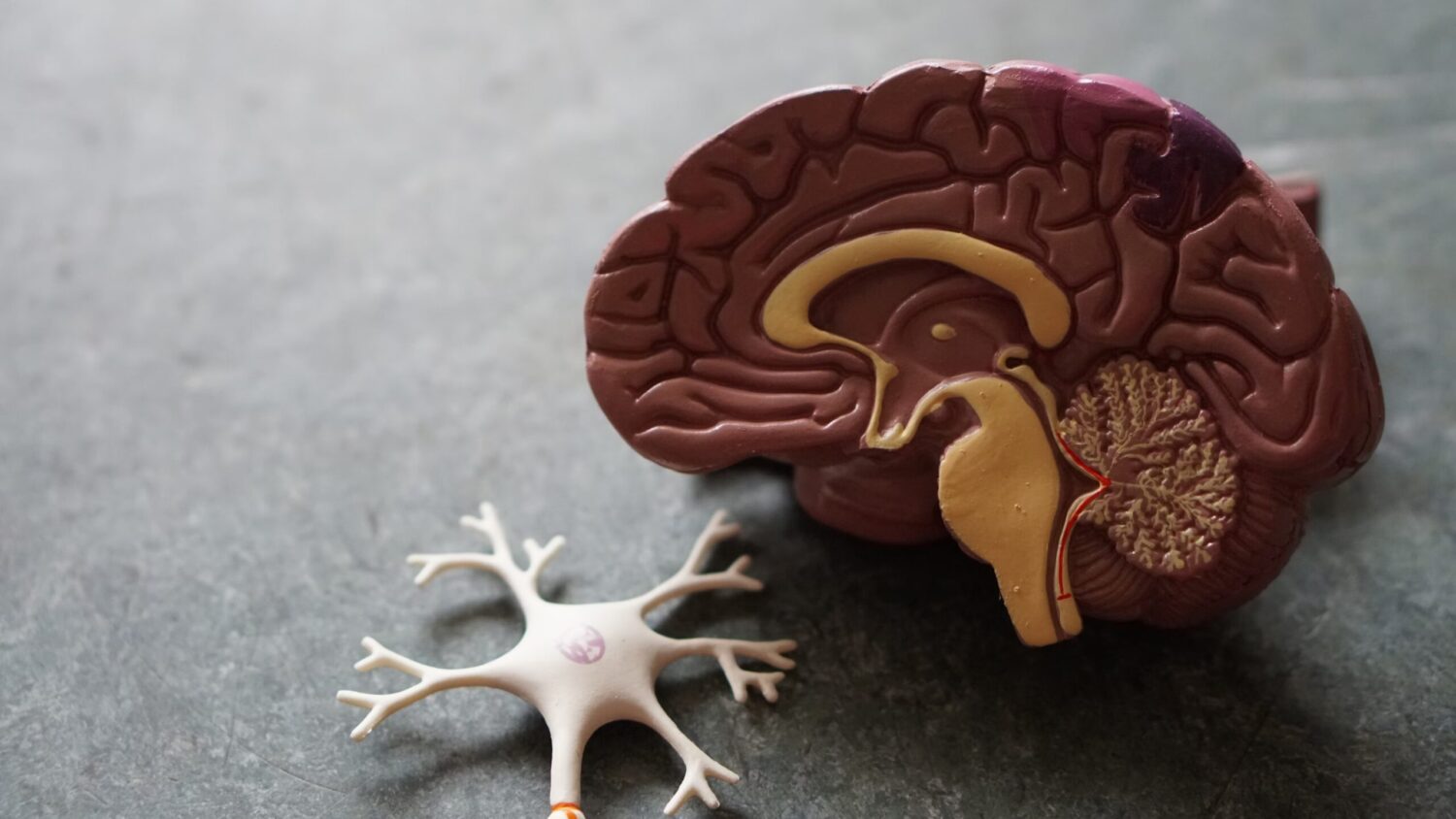Authors:
O.D. Ostroumova, A.I. Kochetkov, N.A. Shatalova
Cognitive disorders in the practice of a primary link: Focus for patients with arterial hypertension
Place of publication:
New therapeutic journal Non Nocera, September, 2023
Summary:
arterial hypertension (AH) is currently a very urgent problem of modern society. Its prevalence among an adult population is an average of 30–45%, significantly increasing in older age groups. In addition, due to the expected increase in life expectancy, an increase in the number of patients with AH is predicted. From the point of view of clinical significance, special attention to AH is due to a wide range of complications caused by the disease and involved target organs, including the heart, blood vessels, kidneys, organ of vision and brain. Several large population studies showed that the higher the office blood pressure (blood pressure), the higher the risk of stroke, coronary heart disease, heart failure, peripheral arterial diseases, and the terminal stage of renal failure and sudden death. AH is also recognized as one of the pathogenetic factors of the development of vascular cognitive impairment (KN) and Alzheimer's disease. However, before achieving the final stage - dementia, patients are sequentially intermediate stages between the normal level of cognitive functioning and the very difficult KN, as the cognitive status develops progressively, gradually violating the quality of life and negatively affecting the adaptation of a person in various fields of daily activities. There are many studies that clearly established the relationship between increased blood pressure and KN and demonstrated that the latter are one of the earliest manifestations of brain damage against the background of hypertension.
Actual
Actual
THE INFORMATION IS INTENDED FOR HEALTHCARE AND PHARMACEUTICAL PROFESSIONALS. THIS INFORMATION IS NOT INTENDED AS A SUBSTITUTE FOR MEDICAL ADVICE.
Source of photos and images Shutterstock.com








